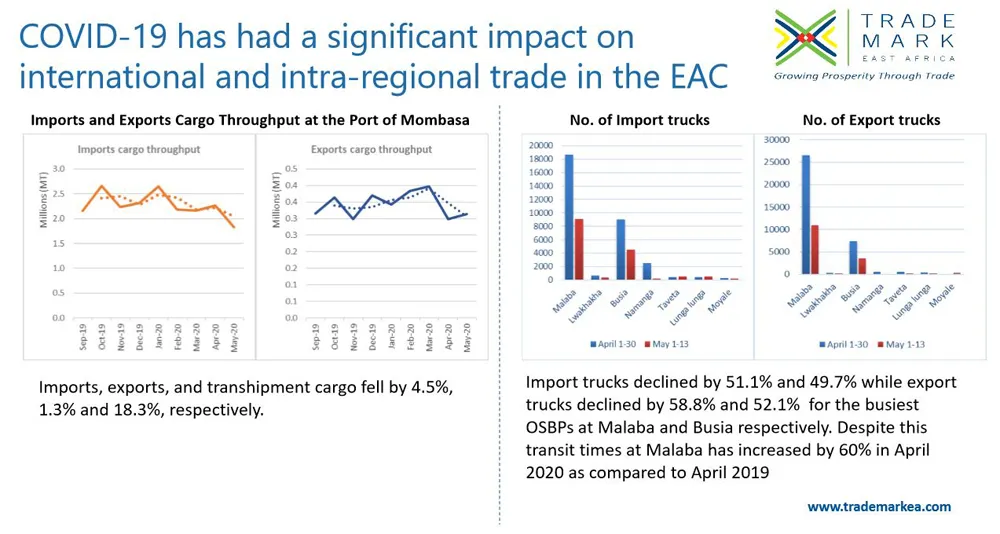
The head of one of the largest UK motoring organisations is backing a “road miles” pricing system for drivers, according to media reports.
Edmund King, president of the Automobile Association, said “more radical thinking” from metropolitan and city leaders is needed as the country emerges from the COVID crisis.
King said people’s experience of cleaner air, quieter roads and home-working means an opportunity for positive change exists. “I am optimistic that this lockdown is beginning to change the attitudes of drivers … If local authorities can put in well planned infrastructure to walk and to cycle – and public transport when that returns – I do feel that can have a credible difference,” he said.
King was speaking at a virtual conference organised by the Energy and Climate Intelligence Unit, a non-profit organisation that supports debate on energy and climate change issues in the UK.
The Guardian newspaper noted that King said a car miles – or road miles – system could allow urban drivers to have the first 3,000 miles (4,830km) free and rural drivers would get an extra 1,000 miles (1,610km) free. After these miles, they would have to pay per journey.
King said the AA’s own research that showed its members were ready to change their behaviour after lockdown ends. “Transport patterns won’t be the same in life after lockdown, according to drivers,” he said. “Half say they will walk more; four in 10 vow to drive less; a quarter will work from home more and one fifth will cycle more.”
The Guardian newspaper also noted that a per-mile charging scheme based on the environmental impact of vehicle journeys has become more popular in recent years. London mayor Sadiq Khan reportedly has considered a per-mile charging scheme in the capital city. According to the Centre for London, a think-tank backed by some politicians and business groups, has said such an urban charge would be a more sophisticated approach to road charging and be an improvement on London’s current ultra-low emissions zone.







